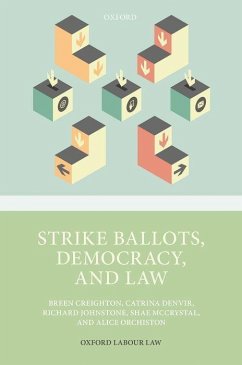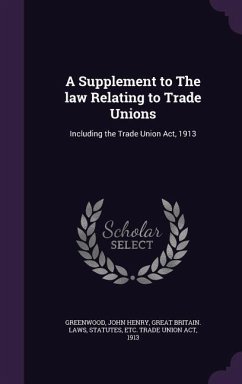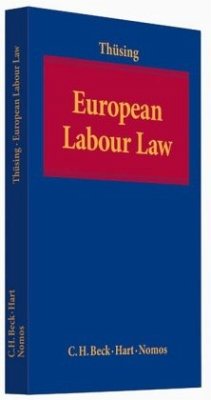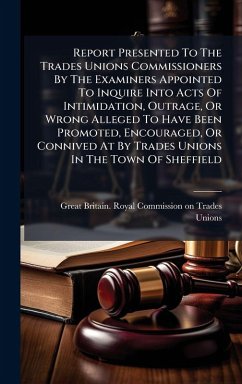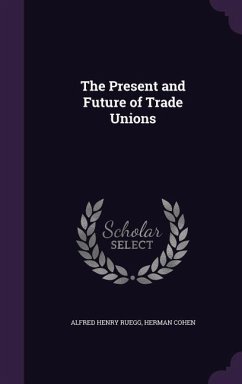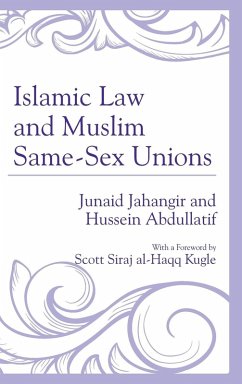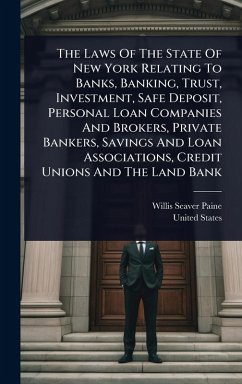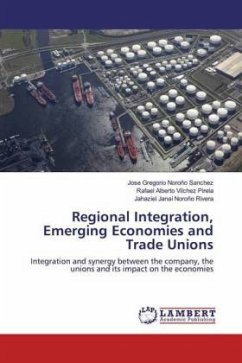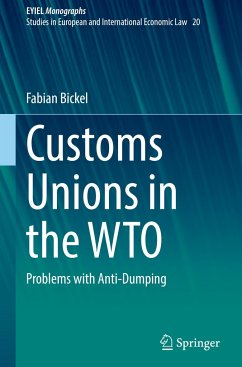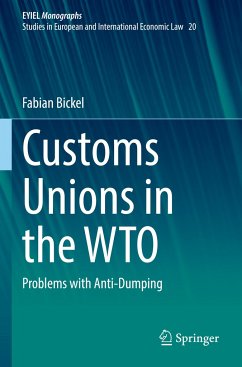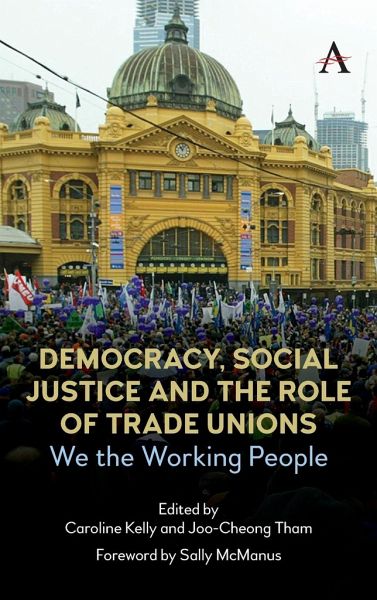
Democracy, Social Justice and the Role of Trade Unions
We the Working People
Herausgeber: Kelly, Caroline; Tham, Joo-Cheong

PAYBACK Punkte
65 °P sammeln!
Trade unions worldwide face a powerful paradox at this critical juncture: collective organisations for workers are urgently needed and yet there are serious pressures undercutting the legitimate role of trade unions. The aim of this book is to examine how trade unions can effectively navigate this deeply contradictory challenge. It is underpinned by the conviction that trade unions are - and should be - vital institutions for democracy and social justice. Written by leading scholars in industrial relations and labour law as well as those in political philosophy and political science, the colle...
Trade unions worldwide face a powerful paradox at this critical juncture: collective organisations for workers are urgently needed and yet there are serious pressures undercutting the legitimate role of trade unions. The aim of this book is to examine how trade unions can effectively navigate this deeply contradictory challenge. It is underpinned by the conviction that trade unions are - and should be - vital institutions for democracy and social justice. Written by leading scholars in industrial relations and labour law as well as those in political philosophy and political science, the collection tackles a range of pressing topics for trade unions including: the climate crisis; the COVID-19 pandemic; economic democracy; democracy within trade unions; precarious work; and election campaigns.





